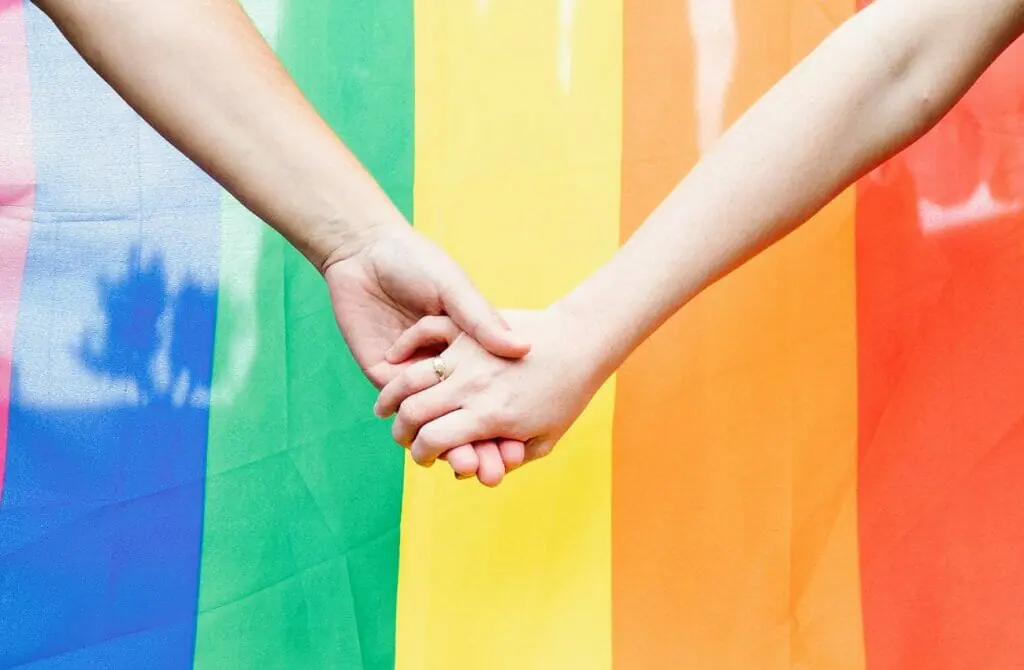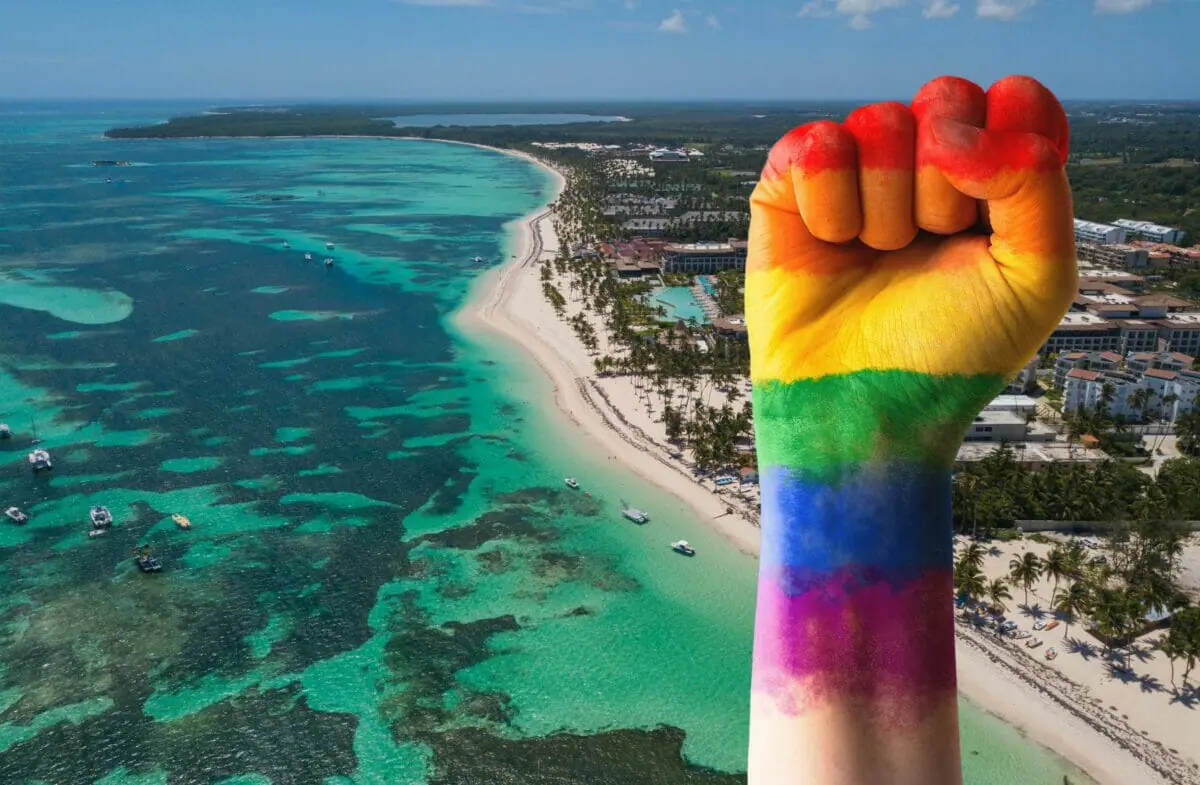LGBT rights in the Dominican Republic have a significant impact on both local residents and tourists. Although homosexuality is legal, same-sex marriage is not recognized, and discrimination based on sexual orientation is not comprehensively addressed by the law.
As a result, LGBT individuals in the country face legal and social challenges that are not experienced by their heterosexual counterparts. While same-sex conduct is not criminalized, LGBTQI+ Dominicans still routinely face violence and discrimination.
For tourists, it is important to be aware of the local LGBT rights situation and take necessary steps to ensure personal safety. Situations can change rapidly, and information can become outdated, so it is vital to seek current advice before traveling to the Dominican Republic. It is essential to remain vigilant, as there are always bad actors in every country who may pose a threat to LGBT individuals or tourists who support their rights.
There are ongoing legal and social battles in the country, as activists and organizations are fighting for the rights of LGBTI+ people. In order to protect oneself, both locals and tourists can stay informed about the evolving situation, connect with supportive networks, and exercise caution in public spaces. Keep in mind that the situation in the Dominican Republic is not static, and it is essential to stay up-to-date on relevant developments to ensure the well-being of the entire LGBT community and its supporters.
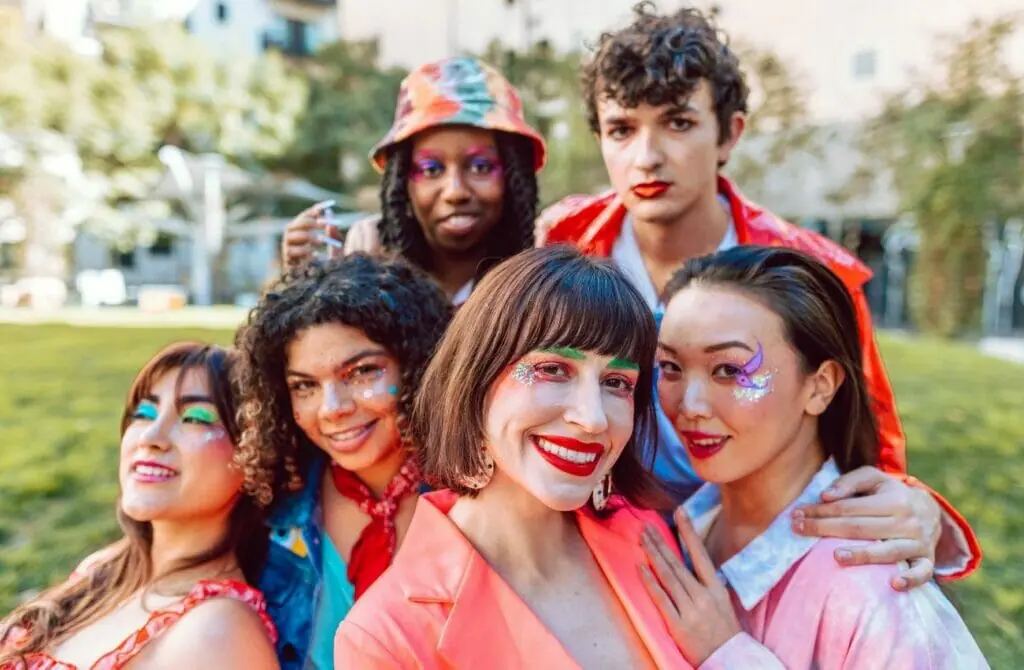
History Of LGBT Rights In The Dominican Republic
In the Dominican Republic, consensual same-sex sexual acts between adults in private have been legal since 1822, and the age of consent is set equally at 18 years of age. However, same-sex marriage is not recognized and has been prohibited since June 17, 1944. The Constitution states that marriage is a union between a man and a woman, and this was enforced again in the 2010 revision of the Constitution.
The first Gay Pride parade was held in Gay Santo Domingo on July 1, 2001. Since then, various organizations have formed to raise awareness and promote LGBT rights in the country. These organizations, like ASA, initially focused on fighting the AIDS epidemic in the 1970s and later redirected their efforts to counter homophobia and champion the human rights of LGBT individuals.
The situation for LGBT rights in the Dominican Republic differs for tourists and local community members. Generally, tourists might experience fewer incidents of discrimination, but caution should be exercised. It is important to be respectful of local customs and attitudes while being vigilant about one’s personal safety.
When traveling to the Dominican Republic, LGBT individuals should remain cautious and aware of their surroundings. To ensure personal safety, research local customs, follow relevant laws, and avoid engaging in public displays of affection that might draw unwanted attention.
Finally, keep in mind that situations can change rapidly in any country, and the information presented here might not be up-to-date. Always seek the most current advice before traveling to ensure your own safety and well-being.
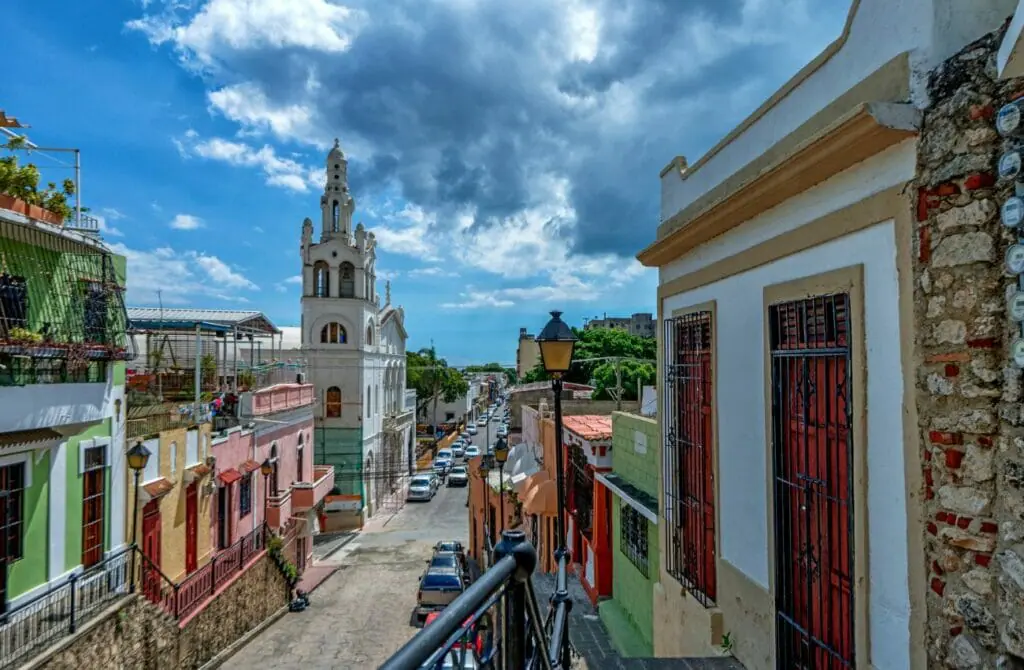

The LGBT Current Situation In The Dominican Republic
In the Dominican Republic, consensual same-sex sexual acts between adults in private have been legal since 1822, and the age of consent is set equally at 18 years of age. However, the 2010 Dominican Republic constitution includes a prohibition on same-sex marriage, defining the family as being based on the core relationship between a man and a woman.
While homosexuality is legally recognized, local LGBT individuals may still face discrimination in some aspects of life, such as housing and employment. On the other hand, the Dominican Republic is known for its tourism industry, and tourists generally enjoy a more relaxed attitude towards LGBT rights.
Nevertheless, it is important for both locals and tourists to remain vigilant and cautious. Local customs and biases may vary, and bad actors can be found in every country. If you’re a member of the LGBT community, keep a low profile in public, avoid engaging in public displays of affection, and take necessary safety precautions during your stay.
Be aware that the legal and social situation for LGBT individuals can change quickly and may differ from one region to another. Always check for up-to-date information and advice before traveling, as outdated sources may not accurately reflect the current environment.
Remember, the situation can change, and it’s essential to stay informed about current events and cultural standards. Stay vigilant, exercise caution, and prioritize safety to ensure a positive experience in the Dominican Republic.
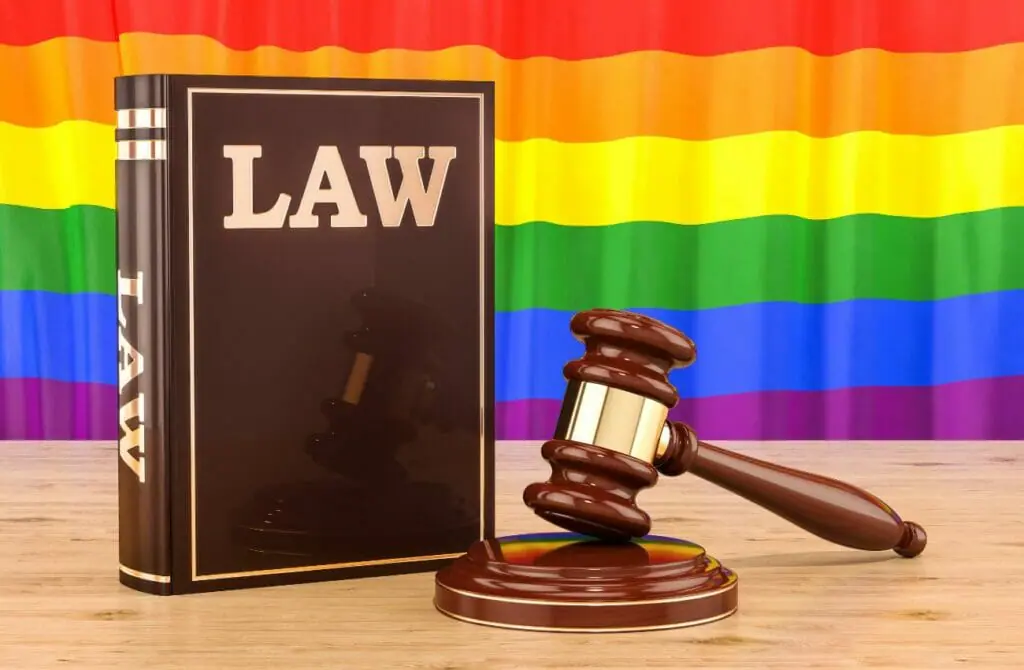

The Future For The Queer Community In The Dominican Republic
The Dominican Republic has made progress in recent years with regard to the rights of the LGBT community. While consensual same-sex sexual acts have been legal since 1822, there is still a long way to go in terms of full legal protection and societal acceptance. The situation for local LGBT Dominicans continues to be challenging with routine discrimination and violence. On the other hand, LGBT tourists might experience a relatively more accepting environment in the tourism industry and popular tourist areas.
Moving forward, to improve the overall treatment of LGBT individuals in the Dominican Republic, both government and society need to take actionable steps. This could include creating and enforcing strong anti-discrimination laws, promoting public awareness, and fostering cultural acceptance. The international community should also continue to advocate for LGBT rights and maintain pressure on the Dominican Republic to make inclusive changes.
For tourists and locals alike, it’s crucial to remain vigilant and be aware of local situations. While progress is being made, it is essential to understand that the environment can change rapidly, and as with any country, there may be potentially harmful individuals or groups. To protect yourself, stay informed and seek current advice before making any travel plans. Regularly engage with the local LGBT community, who can provide valuable insights into the experiences and challenges faced by their members.
Lastly, it’s essential to remember that the situation in the Dominican Republic is not entirely negative. There are many people and organizations both inside and outside the country, working to improve the lives and rights of the LGBT community. By staying aware, informed, and supportive, we can contribute to the positive changes that will pave the way for a more inclusive and accepting future for all.
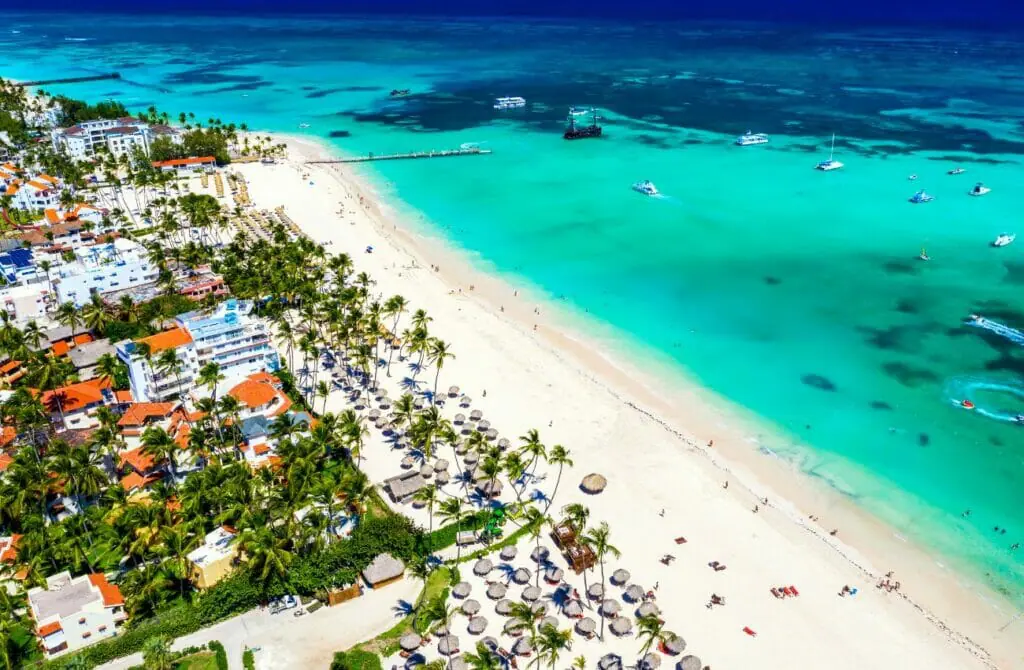
Protect Yourself While Travelling In Gay Dominican Republic
LGBT rights in the Dominican Republic are not as progressive as in some other countries, and both local people and tourists can face discrimination and challenges. While same-sex conduct is legal in the country, there are no legal protections for same-sex couples, and transgender individuals cannot legally change their gender identity. It is essential to be aware of these limitations and take necessary precautions to protect yourself.
For tourists visiting the Dominican Republic, it is important to research the specific area you plan to visit and understand the local attitudes towards the LGBT community. Some tourist destinations may have a more accepting atmosphere, but others may not. Regardless of the location, maintaining discretion and a low profile is advisable to avoid any potential harassment or conflicts.
Local LGBT individuals may face even more significant challenges, including violence and discrimination, as their rights are limited. It is essential to reach out and connect with local LGBT communities and organizations, as they can provide up-to-date information, support, and resources. Building a network with like-minded individuals can help to create a safer environment for yourself.
If you face any incidents of discrimination or harassment, knowing your rights and the local legal landscape is crucial. The Dominican Republic does not provide comprehensive legal protections for the LGBT community, and sexual orientation is not explicitly protected under the law. That said, it is crucial to report any incidents to local authorities and seek legal support when necessary.
Remember, situations can change rapidly, and information may become outdated. Always seek current advice before traveling or taking action in response to an incident. It is essential to remain cautious and vigilant in all interactions, as bad actors exist in every country. Protecting yourself and staying informed will make your experience in the Dominican Republic safer and more enjoyable.
